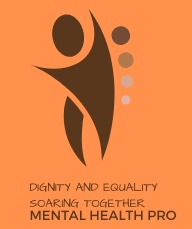A developmental disorder called autism spectrum disorder (ASD) has an impact on a person’s ability to interact and communicate with others. It is referred to as a “spectrum” condition since it has a wide range of effects on individuals.
The signs of ASD can include trouble interacting with others and communicating, repetitive behaviours or routines, and sensitivity to sensory input like sounds, lights, or textures. ASD is typically diagnosed in early childhood.
Children with ASD may struggle to grasp social signs like body language or facial emotions, which can make it difficult for them to make friends or develop intimate connections. Also, they could have issues with language and communication, such as delayed pronunciation or odd speech patterns.
Children with ASD may use repetitive behaviours as a coping method. Examples include repeating particular words or actions or adhering to rigid schedules. But these actions can also prevent people from going about their regular lives and hinder their ability to adjust to novel circumstances.
Although there is no known treatment for ASD, early detection and intervention can significantly improve outcomes for kids who have the condition.
A variety of therapies, including behavioural therapy, speech and language therapy, and medication to control symptoms, may be used throughout the course of treatment.
Every child with ASD is different and will have their own strengths and struggles, so it’s vital to keep this in mind. Children with ASD can thrive and enjoy fulfilling lives with the correct assistance and understanding.

